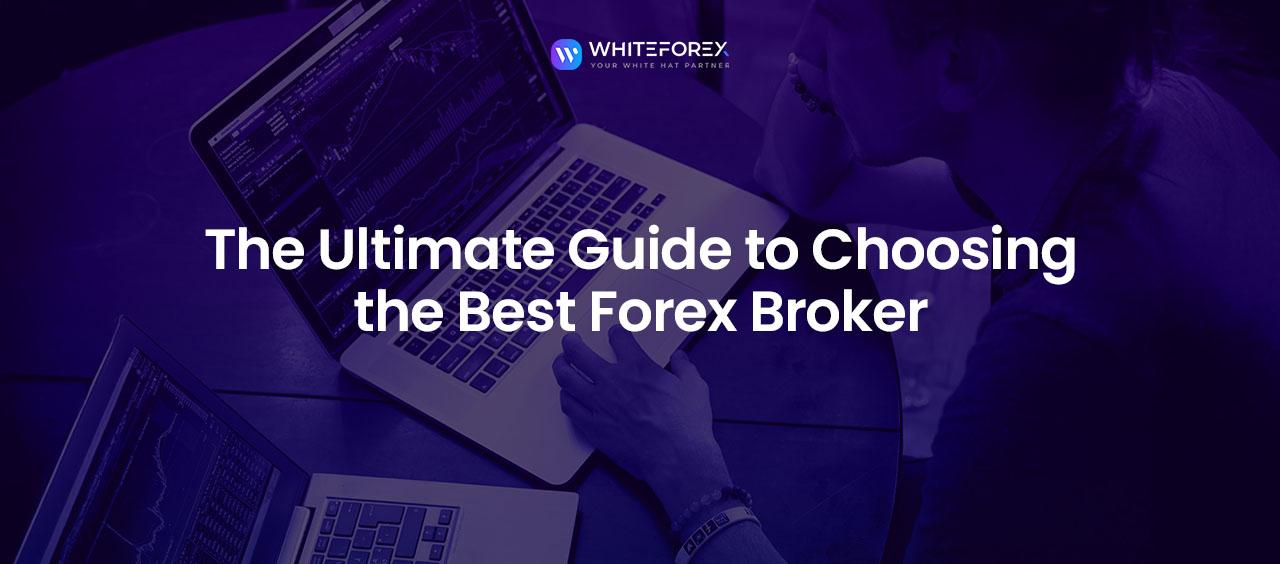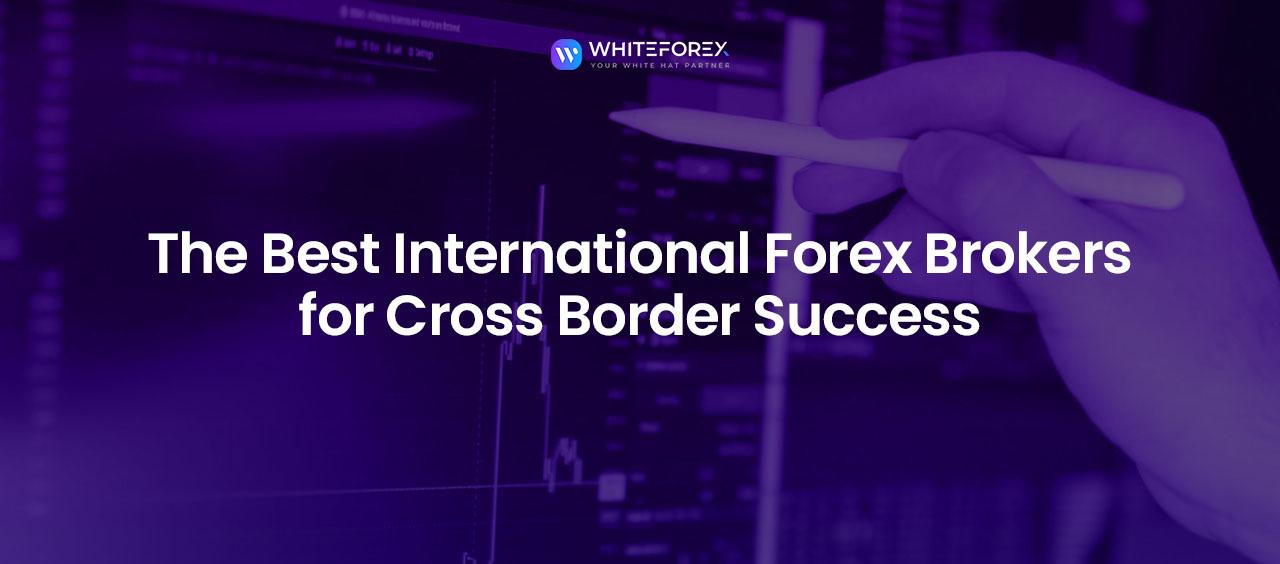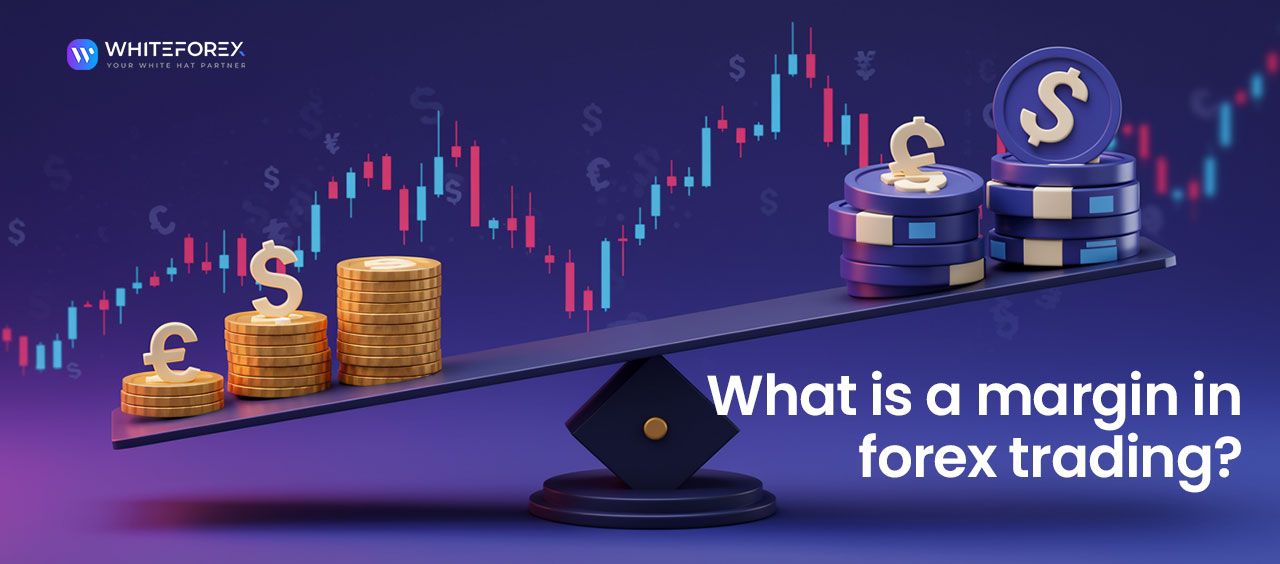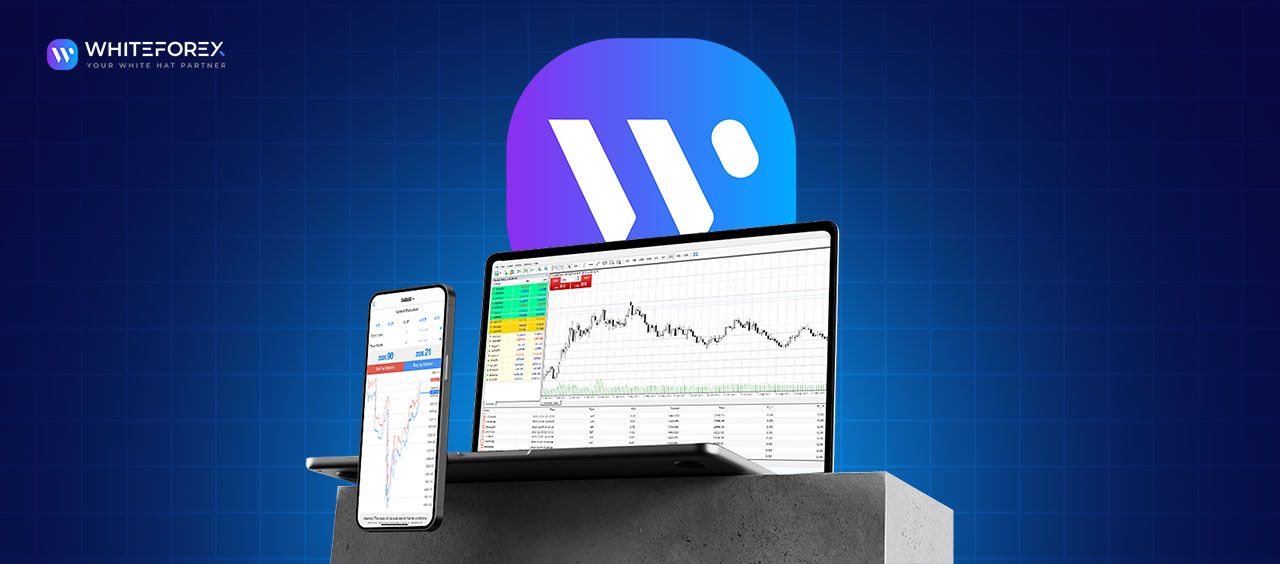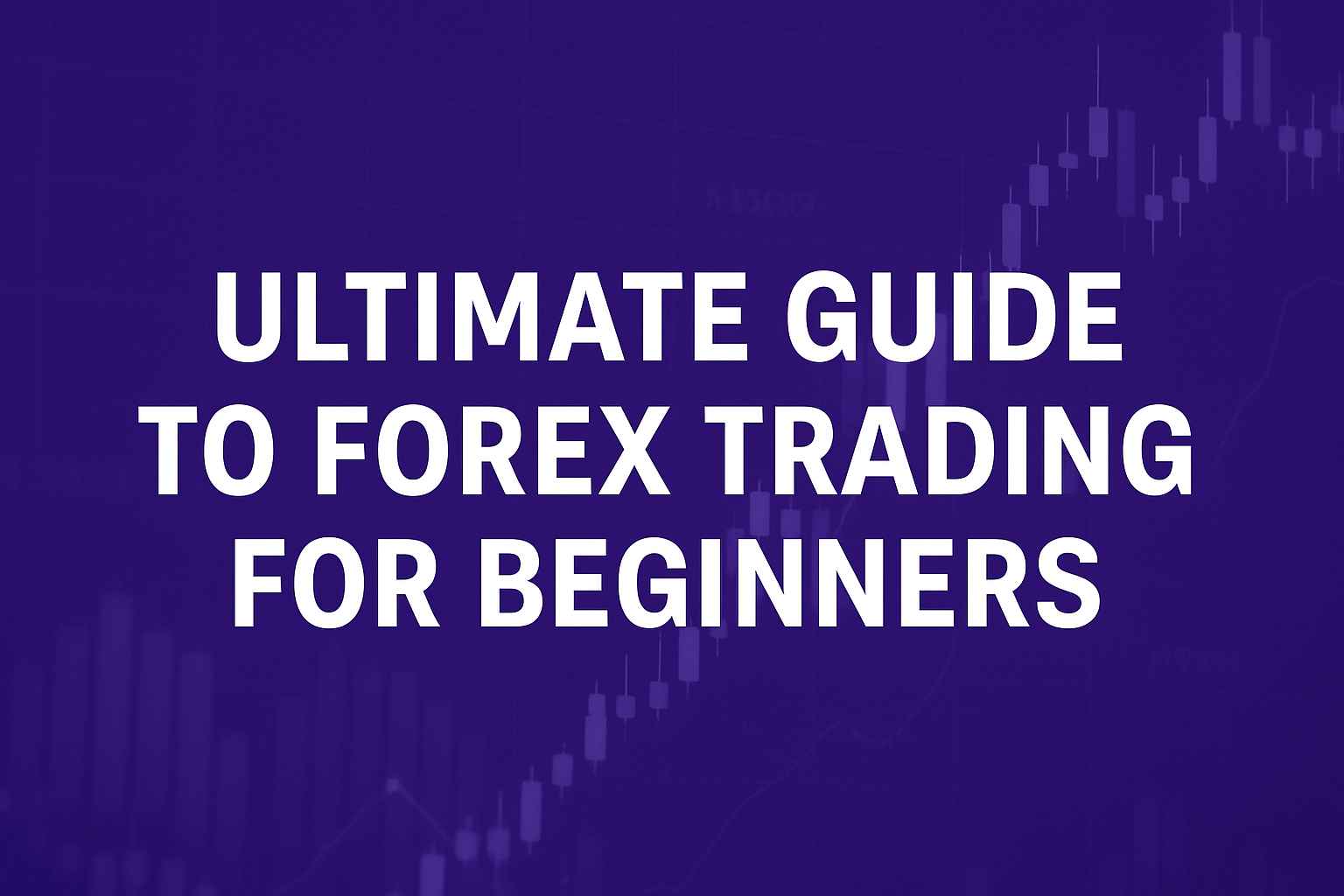Your Ultimate Guide to Choosing the Best Forex Brokers
Navigating the vast world of currency trading can be overwhelming. The foreign exchange market is the largest financial market globally, with an estimated daily trading volume exceeding US$9.6 trillion in 2025. For anyone looking to profit from currency fluctuations, selecting the right broker is the foundation of long-term success. Choosing a poor broker can cost more than money; it can destroy confidence, waste time, and derail your trading strategy. This is why your ultimate guide to choosing the best forex brokers is more than a guide; it is a critical tool for anyone serious about trading.
Understanding What Makes a Broker Stand Out
Not all brokers are created equal. Some appear appealing on the surface but hide poor execution, high spreads, and slow withdrawals. The best brokers are transparent, regulated, and designed to support traders rather than exploit them. Here is what to look for:
• Regulation and Security
Regulation is non-negotiable. Top brokers operate under regulatory authorities such as the FCA, ASIC, or CySEC. These regulations ensure your funds are safe, accounts are segregated, and your trading is conducted fairly. Around 80 percent of retail traders report issues with unregulated brokers, ranging from hidden fees to the inability to withdraw funds.
• Trading Platform and Tools
A powerful, reliable trading platform is essential. Brokers that offer robust platforms like MetaTrader 4, MetaTrader 5, or proprietary software give you real-time charts, automated trading, and accurate execution. Platform lag can cost traders heavily in fast-moving markets.
• Spreads and Commission
Brokers make money through spreads or commissions. Competitive brokers offer low spreads and fair commissions, with no hidden costs. For example, leading brokers often offer spreads as low as 0.1 pips on EUR/USD, whereas inferior brokers can charge over 2 pips, which can drastically affect profitability.
• Execution Speed and Slippage
Execution speed is crucial, especially in volatile markets. Top brokers execute trades within milliseconds, minimizing slippage. Poor execution can turn a profitable strategy into a loss, even if you made the right market call.
• Customer Support
Responsive, knowledgeable support can save traders from costly mistakes. Around 65 percent of new traders report frustration with brokers due to poor communication. A reliable broker provides support via chat, phone, and email 24/7.
Types of Brokers and Their Advantages
Understanding the type of broker you are choosing is crucial. Each model has advantages depending on your strategy and experience.
• Market Maker Brokers
Market makers provide liquidity directly and set the prices at which they are willing to buy and sell. They are excellent for new traders due to lower minimum deposits and accessible leverage. However, conflicts of interest may arise because they profit from client losses.
• ECN Brokers
Electronic Communication Network brokers pass your orders directly to the interbank market. They offer transparent pricing, tight spreads, and faster execution. They are ideal for experienced traders or scalpers who require high-speed execution.
• STP Brokers
Straight Through Processing brokers combine features of market makers and ECN. They pass orders to liquidity providers without intervention, ensuring fair pricing. They often charge a small commission per trade.
Evaluating Broker Fees and Costs
Trading costs can silently erode profits if not managed properly. Consider these aspects:
• Spreads
The difference between the bid and ask price is the primary cost. Low spreads are crucial for frequent trading strategies. For instance, a broker offering 0.5 pips on major currency pairs is more advantageous than one charging 1.5 pips.
• Commissions
Some brokers charge commissions per trade. Commission-based brokers often offer lower spreads, providing better cost efficiency for high-volume traders.
• Withdrawal and Deposit Fees
Hidden banking fees are standard. Top brokers offer fast, free withdrawals and multiple deposit options, including bank transfer, credit cards, and e-wallets.
• Overnight Fees
If you hold positions overnight, swap or rollover fees apply. The best brokers display these rates clearly, allowing traders to manage their positions effectively.
Why Transparency is a Trader’s Lifeline
Trust is the currency of trading. Around 70 percent of retail traders switch brokers within the first year due to opacity. The best brokers provide clear terms, full disclosure of spreads, commissions, margin requirements, and risk warnings. A broker hiding information is a ticking time bomb for your capital and confidence.
Key Features Every Great Broker Offers
When assessing brokers, these features indicate professionalism and trader focus:
• Multi-Asset Trading
Top brokers allow trading not only in forex but also in commodities, indices, cryptocurrencies, and equities. This flexibility helps diversify risk.
• High Leverage Options
Leverage can magnify profits but also losses. Leading brokers offer leverage up to 1:500, enabling traders to control larger positions while managing risk responsibly.
• Educational Resources
The best brokers invest in client education. They offer webinars, trading tutorials, market analysis, and demo accounts. Approximately 60 percent of successful traders credit educational tools as a key factor in their progress.
• Research and Market Insights
Brokers with research departments provide regular insights, news, and technical analysis. This information enables more intelligent decisions, especially in volatile markets.
• Demo Accounts
Demo accounts allow traders to test strategies without risking capital. This feature is vital for beginners and professionals trying new approaches.
Avoiding Common Broker Traps
Even seasoned traders can fall victim to broker mismanagement. Watch out for these warning signs:
• Unregulated Entities
Avoid brokers without licenses or apparent regulatory oversight.
• Exorbitant Minimum Deposits
High minimum deposits can be a red flag for unscrupulous brokers attempting to trap capital.
• Negative Reviews and Complaints
Online reviews provide insights. Persistent complaints about withdrawals, execution, or customer service are serious concerns.
• Hidden Fees
Unclear spreads, commissions, and rollover fees can quietly drain profits. Transparency is the key.
How to Test a Broker Before Committing
Before depositing substantial funds, take these steps:
• Open a Demo Account
Test execution speed, platform reliability, and consistency across spreads.
• Review Regulatory Status
Verify the broker’s license in its operating country.
• Conduct Small Deposits
Start with a modest deposit to test withdrawals, account management, and support responsiveness.
• Check Market Data Accuracy
Ensure the broker provides reliable, real-time market data. Faulty quotes can destroy trading strategies.
Why Reputation Matters in Forex Trading
A broker’s reputation reflects its operational integrity. Institutional traders and experienced professionals often trust well-established brokers. Longevity, positive client feedback, and awards are strong indicators of reliability. Around 45 percent of forex traders report switching to reputable brokers after experiencing poor execution with smaller, lesser-known platforms.
White Forex and Other Trusted Brokers
While researching the best brokers, names like White Forex consistently stand out. White Forex offers:
• Global Accessibility
Supporting multiple jurisdictions and multi-currency accounts for traders worldwide.
• Competitive Pricing
Low spreads and transparent commissions to maximize trading efficiency.
• Advanced Platforms
MetaTrader integration, automated trading, and mobile-friendly execution.
• Educational Resources
Guides, webinars, and demo accounts to empower traders at all experience levels.
Other brokers also offer specialized advantages, but White Forex consistently ranks for transparency, execution speed, and trader-focused service.
Steps to Choose Your Ideal Broker
Here is a clear approach to making an informed choice:
• List Your Trading Needs
Identify your preferred currency pairs, leverage requirements, and platform preferences.
• Compare Regulations
Check licenses, protections, and jurisdictional compliance.
• Analyze Costs
Evaluate spreads, commissions, and withdrawal policies carefully.
• Test Platforms
Use demo accounts to gauge performance, speed, and ease of use.
• Review Customer Service
Contact support with questions and assess responsiveness and clarity.
• Read Real Feedback
Look for consistent patterns in reviews and complaints.
Conclusion
Selecting the right broker can define your success in forex trading. The stakes are high in a market handling over US 9.6 trillion daily, and poor choices can be devastating. Choosing a reliable, transparent, and supportive broker gives you the foundation to trade confidently, manage risk, and execute your strategies effectively.
Your ultimate guide to choosing the best forex brokers is a tool to empower you. By focusing on regulation, execution, transparency, costs, and support, you reduce the risk of setbacks and position yourself for sustainable growth. Brokers like White Forex set a high standard, proving that integrity, professionalism, and trader-focused service remain the benchmark in 2025.
Invest time in research, test carefully, and prioritize trust over flashy offers. Your trading success is a direct reflection of the broker you choose.


